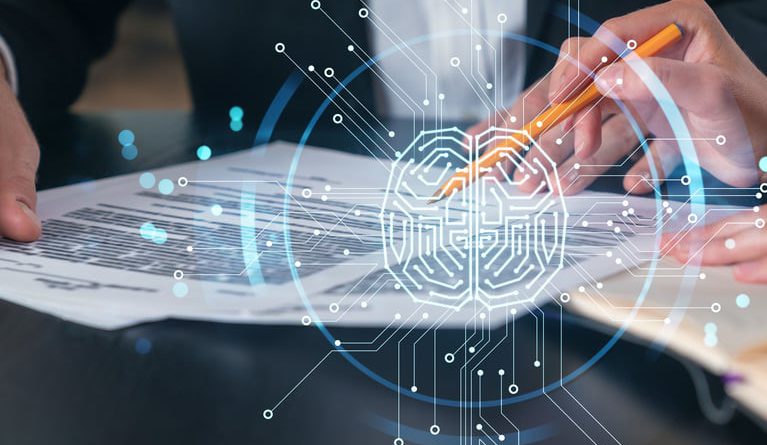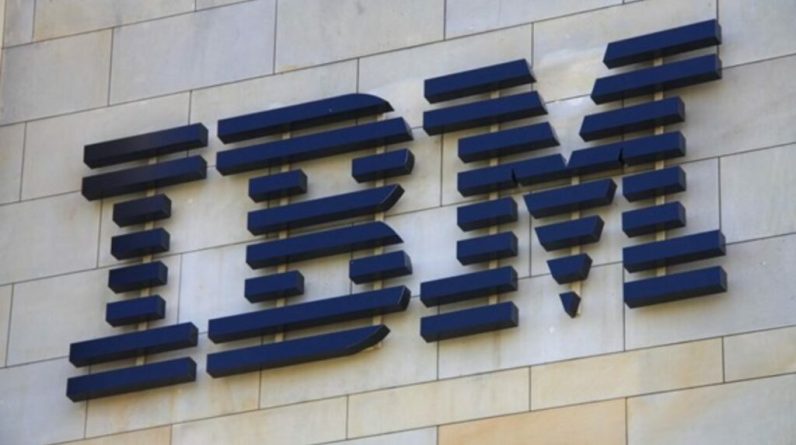
Lawyers with sky-high caseloads are adopting generative artificial intelligence with the greatest zeal—embracing the technology to screen cases, draft demand letters, pull together medical records and refine litigation strategies. And they’re finding it’s giving them a big advantage over those mired in traditional ways of working.
They’re able to do more with less, resolve cases faster and achieve better outcomes. It’s also supercharging their output.
“It’s an advantage available to both sides, and it’s sort of an arms race to a certain extent, where when one side gets equipped with one advantage, the other side will have to essentially respond,” said James Lee, a former litigator at Quinn Emanuel Urquhart & Sullivan and at Morgan, Lewis & Bockius who two decades ago started his own boutique firm, LTL Attorneys.
He said litigation departments have historically been the least productive in terms of producing revenue. An old-timer at Morgan Lewis once told him this all changed with the advent of the Xerox machine. “Because when the Xerox machine was invented, people made copies of copies of copies of documents, memos, and reports, and guess who had to review them all? Litigators. And then at that point you had the number of billable hours on litigation cases go up.”
Email and e-discovery likewise increased the volume of data lawyers had to deal with, and now AI is amping things up even more. Which can be good for lawyers who know how to exploit it.
“If you truly are part of the elite, you’re going to do fine. If you truly admit that you are a commodity firm, you’re going to do fine. These firms in the middle are going to struggle, and at some point they’ll just disappear.”
Lee saw the revolution coming six years ago when he attended a week-long program for AM Law 200 partners and practice heads at Harvard Law School. “On one of the days, they talked about how AI had already started to take over portions of the medical world, and it was just a matter of time before it would start taking over portions of law,” he said.
Lee remembered looking around the room. “I could see the look of fear in their eyes,” he said. “Lawyers are motivated by two things, fear or greed. Mostly fear. And you could just see the fear in their eyes. And I had that fear too, by the way—that I thought these bigger firms were going to steal our lunch.”
‘This Is Nuts’
When Lee returned to LTL’s Los Angeles headquarters, he told his partners to experiment with AI platforms. Soon, they were able to do work in two minutes that junior lawyers required eight hours to complete—answering a lawsuit, coming up with affirmative defenses, and drafting very targeted discovery questions based on the complaint.
“Six years ago, people were going, ‘This is nuts,’ because it really is replicating the work of what a junior lawyer would be doing,” Lee said. But it became so successful that he and LTL partners Enoch Liang and Thomas Suh spun out those services into a new company, LegalMation, which provides AI tools that automate the creation of legal documents, streamlining the early phases of a lawsuit. Walmart became its first client. Later, U.S. auto companies and large insurance companies signed on, as did a handful of high-volume litigation firms.
Lee said the services make the most sense for litigators with high-volume caseloads.
“I’m doing dishes one night, and my wife says, ‘Hey, you run an automation company. Why aren’t you using a dishwasher?’ And I couldn’t answer this question, and it took me two weeks before I realized I just don’t do enough dishes. … I see automation the same way.”
Automation has been a particular game-changer for insurers. “There’s one large national insurance carrier where, in 33 states, we are handling all of their motor vehicle accident claims,” Lee said. “That works out to about 60,000 cases. That’s a lot of dirty dishes. And it’s where it begins to make sense, getting a number of these dishwashers all over the country for their teams.”
LegalMation launched in 2016 as the first AI company to automate and enhance litigation tasks. Today, the landscape is vastly different, with more than 500 legal document automation companies globally, 85 of which have received venture capital funding, according to the technology research firm Tracxn. The 85 firms have raised $27.3 billion, with LegalMation scooping up nearly $24 million, including $15 million in a funding round last year.
Investors are wowed by the sector’s potential.
“This is the first technology wave that no lawyer can ignore. Any lawyer who doesn’t embrace AI will get swept away … because the way to succeed in law will be to leverage it,” said Aaref Hilaly, a Bay Area-based partner at Bain Capital Ventures, an investor in legal document automation companies. He said that while lawyers today are still struggling with how to use AI in the right way, within a couple of years “it will become a standard part of the workflow.”
‘Medical Records Are Everything’
One of the legal automation companies Bain is backing is San Francisco-based EvenUp, a four-year-old startup that’s raised $235 million. The company sells software that helps level the playing field for plaintiffs’ attorneys as they litigate personal injury lawsuits against big corporate defendants.
EvenUp says its AI platform allows PI attorneys to settle cases faster and for larger amounts, based on its analysis of case details and its large database of past verdicts and settlements. The platform also provides medical summaries, robust estimates for losses, and storytelling to support settlement proposals.
“It’s an industry where you have about 20 million claims every year that range from motor vehicle accidents to dog bite cases, even police brutality cases,” Rami Karabibar, co-founder and CEO of EvenUp, told Law.com. “There are many different ways folks get injured, and there’s a pretty big distribution in terms of what these cases settle for and how long it takes these cases to settle. We’re making sure that these cases are won purely for their merit and settle as fast as they can.”
The idea grew out of dissatisfaction co-founder Ray Mieszaniec felt after his father was permanently disabled in a car accident and then went through a protected court battle that yielded a settlement that was minuscule compared with what he could have received had his attorney known how much to demand.
Karabibar said the database of settlements and verdicts helps both sides, since enabling personal injury attorneys to make data-supported settlement demands resolves cases faster, sparing defendants of the costs of carrying a case for months or years.
“It’s actually a process that we took from the insurance world and the defense side. We’re leveraging it on the plaintiff side, because they don’t typically have access to the same data and resources,” he said.
Bob Simon, a personal injury attorney in California who uses EvenUp, said writing his own demand letters was a huge pain point when he was starting out as a solo practitioner. He estimated it would take 20 hours to write the letter and find all the missing medical records and bills to submit to the insurance company.
He said having all the right documentation at his fingertips is a critical advantage.
“Medical records are everything to win that case. We have to know them very well, we have to know them quickly, and we have to be organized. So when we’re going to a trial, if somebody throws a punch you didn’t see coming, I have to go back to the medical records very quickly and see it. But that doesn’t really happen anymore because we have Even Up when we’re at trial.”
As a lawyer who receives a lot of referrals from other firms, the technology has also helped him screen incoming cases to determine whether they’re worth his time. “We call it finding the grenade,” Simon said. “Are there prior medical records they’re missing? Are there big red flags in the medical records that this lawyer that’s shopping us the case didn’t see or was trying to hide? It actually happens a lot. And EvenUp makes it a lot easier to find that grenade.”
Bain Capital’s Hilaly, whose firm led EvenUp’s $135 million funding round that closed in October, said the company focuses on an area of the law that’s tailor-made to reap AI’s benefits.
“You have the lawyers receiving vast volumes of information which they have to make sense of very quickly in terms of medical case histories and interview notes and police records and whatever else is involved. And then all of that has to be distilled quickly and efficiently down into a single legal document, the demand letter.
“And then you have to kind of follow the progress of that case over time and kind of keep track of it and all the follow-ups. And you have to create other exhibits like medical chronologies to show a timeline of events. So it felt to us as we looked at it that personal injury is the perfect starting point for AI.”
Simon said using the EvenUp platform has made him a better lawyer.
“I truly believe that if you were leveraging artificial intelligence, you could spend more time in your client’s living room than the mail room,” Simon said. “That’s where we make our cases more valuable. We are sitting down with our clients, learning their damages story, what makes what they lost important, and then being able to communicate that story to a jury. If you leverage artificial intelligence, it makes it so much easier to do that stuff.”






